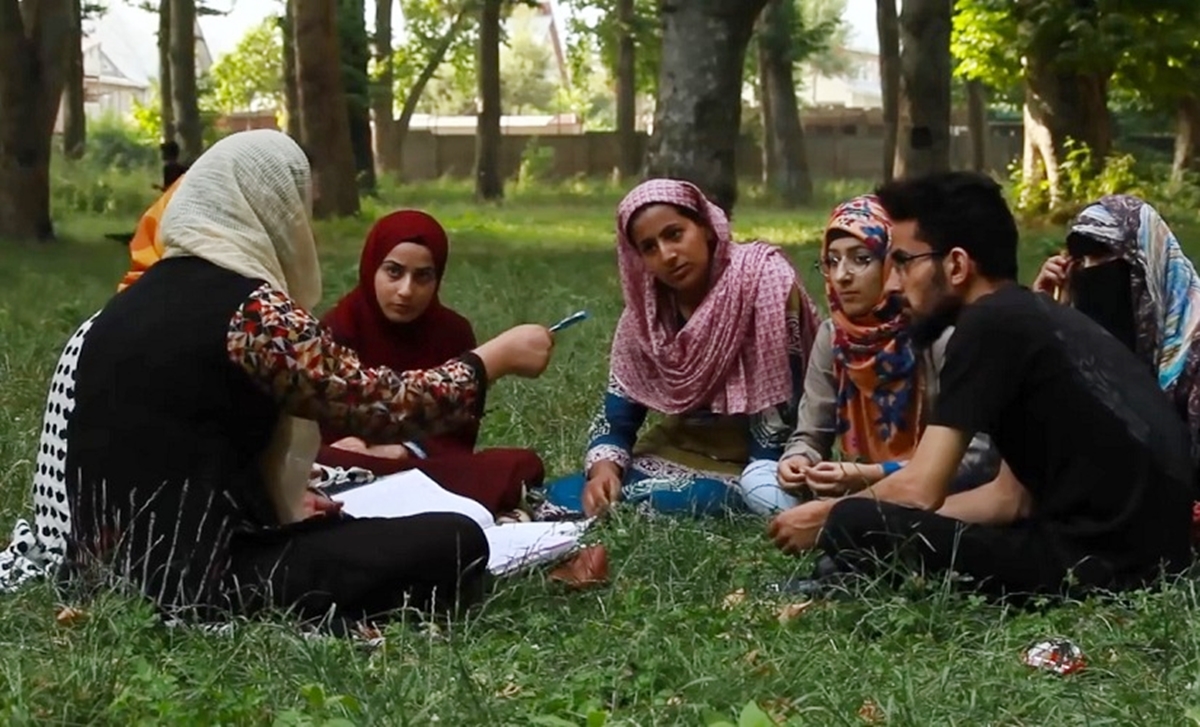Posted by Abhijit Dhillon Notional income, in the Indian legal context, is quantified, keeping a lot of subjective views in…
Login to Read!
This content is restricted to site members. If you are an existing user, please log in below. Or you can can create an account here.

